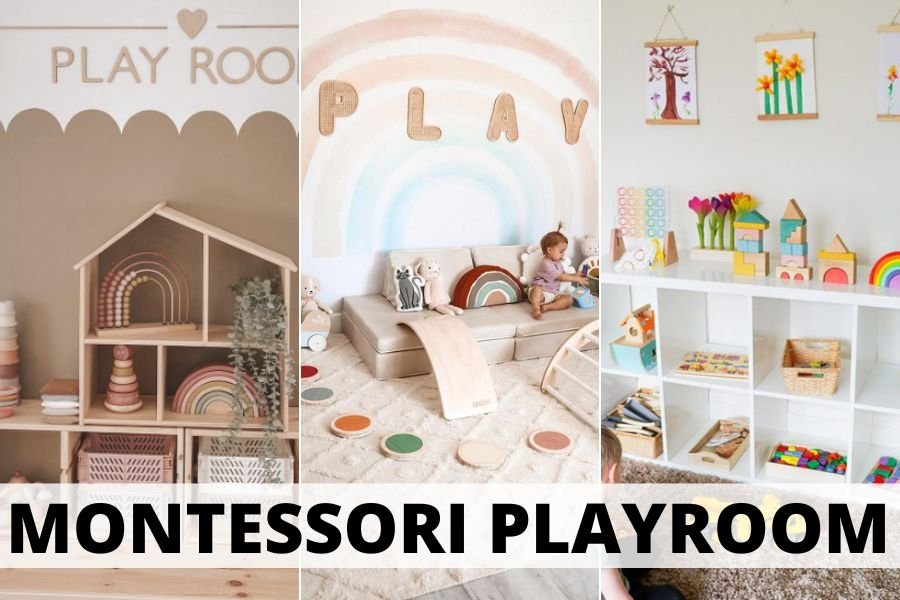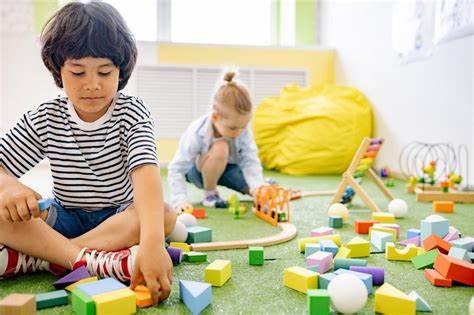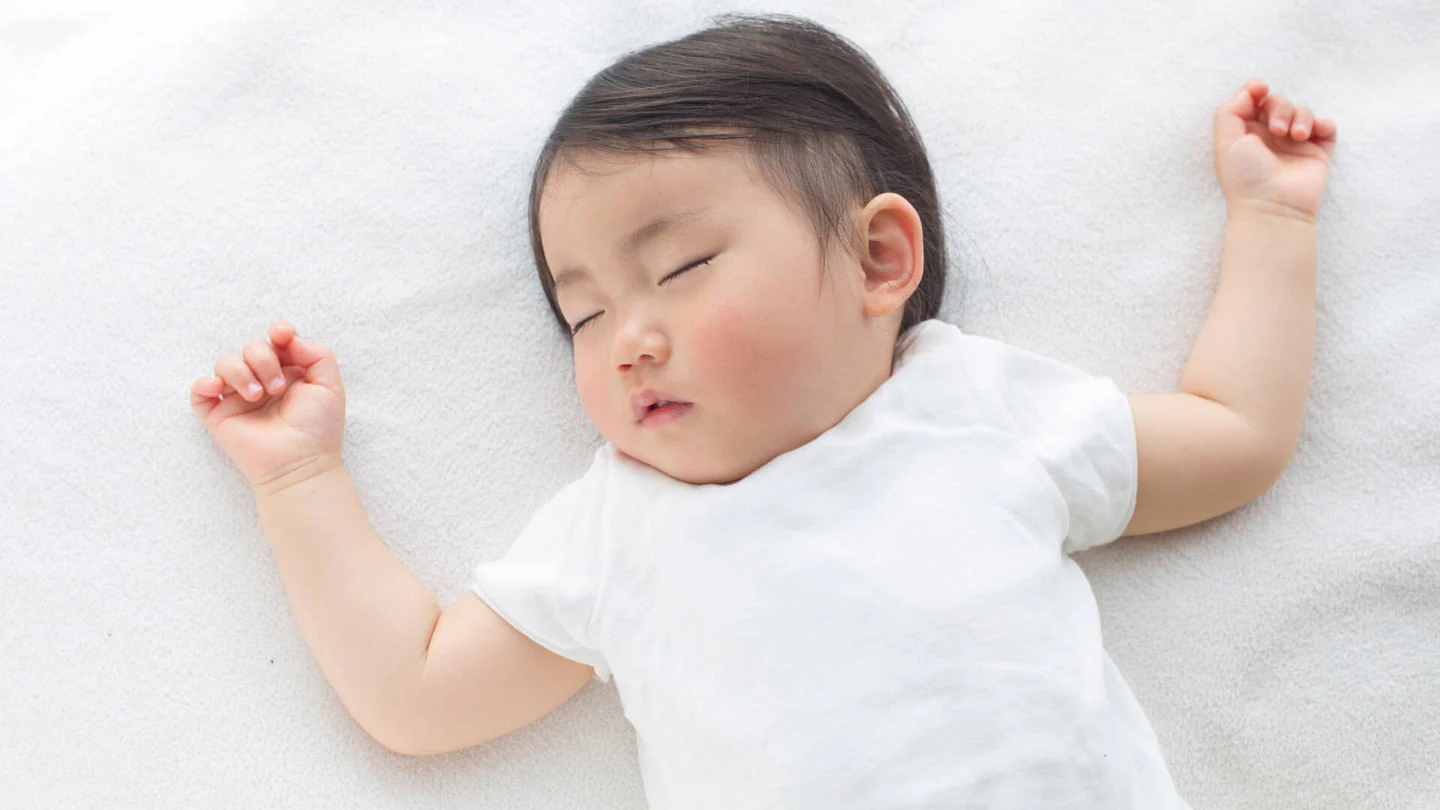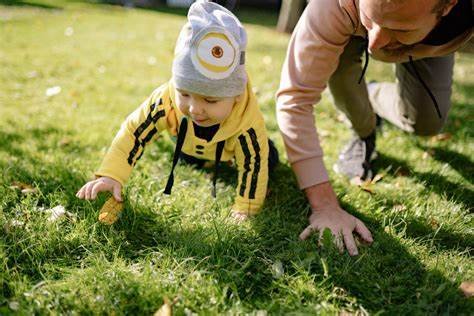Montessori principles have revolutionized early childhood education, emphasizing independence, curiosity, and respect for a child’s natural development. A Montessori-inspired play space for babies can be a wonderful way to encourage exploration, creativity, and hands-on learning. In this guide, we’ll explore how to design such a space that aligns with Montessori values and fosters your baby’s growth.
What is a Montessori-Inspired Play Space?
A Montessori-inspired play space is a thoughtfully designed area that supports a baby’s independence and natural curiosity. It includes:
- Minimalistic Design: A clutter-free environment with purposeful items.
- Child-Centered Elements: Everything is placed at the baby’s level for accessibility.
- Focus on Natural Materials: Use of wood, cotton, and other organic materials.
- Encouragement of Free Play: Toys and activities promote self-directed exploration.
Steps to Create a Montessori-Inspired Play Space
1. Choose the Right Location
- Select a quiet, well-lit area with natural light.
- Ensure the space is safe, free from hazards, and comfortable.
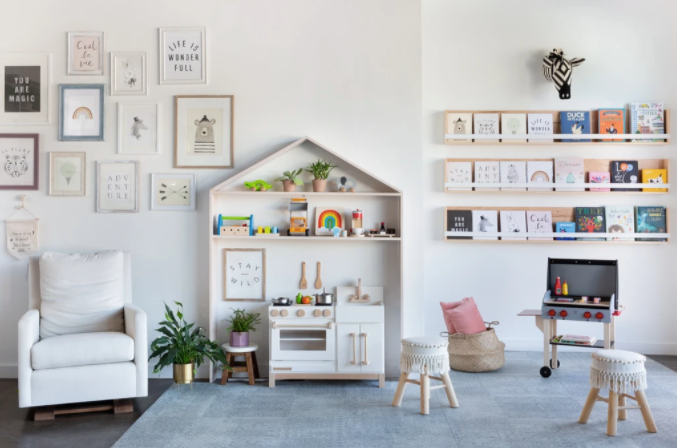
2. Keep the Space Minimalistic
- Avoid overcrowding with toys or furniture.
- Use low shelves or baskets to organize toys and books neatly.
- Rotate toys regularly to maintain interest.
3. Incorporate Child-Sized Furniture
- Add a small table and chair for later use.
- Use a low mirror so the baby can observe themselves, aiding self-awareness.
4. Use a Soft Play Area
- Lay down a soft, natural fiber rug or foam mat for tummy time and crawling.
- Create a cozy reading nook with cushions and a few age-appropriate books.
5. Include Open-Ended Toys
Montessori toys are designed to stimulate curiosity and development. Examples include:
- Wooden blocks
- Stackers and nesting toys
- Simple puzzles
- Rattles and sensory balls
- Shape sorters
6. Display Items at Eye Level
- Use low shelves or baskets so your baby can easily see and access toys.
- Avoid overwhelming your child with too many options; 4-6 toys at a time are ideal.
7. Add Natural Elements
- Introduce indoor plants (out of reach) for a touch of nature.
- Incorporate materials like wood, wool, and cotton for toys and decor.
8. Focus on Independence
- Place a small basket for the baby to tidy up their toys (with help).
- Provide opportunities for self-directed play without constant intervention.
Montessori-Inspired Play Space Essentials
Low Mirror
- Helps babies develop self-awareness and encourages movement.
Floor Bed or Play Mat
- A floor bed allows freedom of movement. A play mat offers a safe area for exploration.
Mobiles and Hanging Toys
- Introduce age-appropriate Montessori mobiles that stimulate visual development and focus.
Bookshelf
- Use a low, front-facing bookshelf to display a few books at a time.
Sensory Area
- Create a small section with sensory toys like textured fabrics, crinkly paper, or a sensory board.
Benefits of a Montessori-Inspired Play Space
- Encourages Independence: Children learn to choose and explore on their own.
- Fosters Creativity: Open-ended toys inspire imaginative play.
- Supports Development: Activities promote fine and gross motor skills, problem-solving, and concentration.
- Reduces Overstimulation: A minimalistic setup helps children focus and stay calm.
Safety Considerations
- Anchor furniture to prevent tipping.
- Avoid small items that could be choking hazards.
- Use non-toxic materials for all toys and decor.
- Regularly inspect the area for potential hazards.
Conclusion
Creating a Montessori-inspired play space for your baby doesn’t require extensive renovations or expensive materials. By focusing on simplicity, natural elements, and accessibility, you can design a nurturing environment that supports your baby’s curiosity, independence, and growth.
Whether you’re a Montessori enthusiast or a parent exploring new ideas, this play space can be a fantastic addition to your home.







